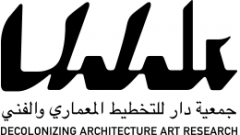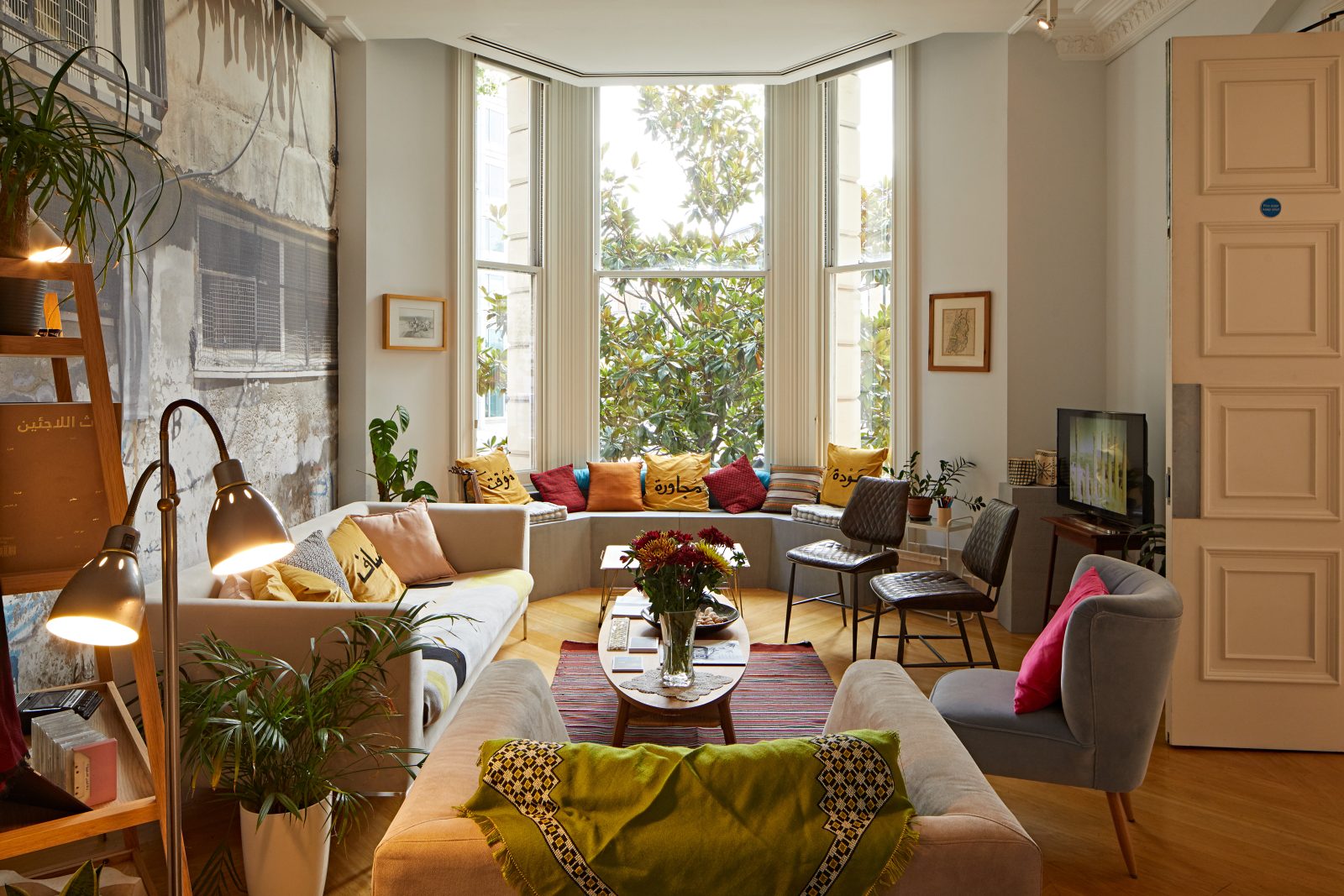Stateless Heritage confronts dominant Western conceptions of heritage and presents different narratives, reorienting heritage towards nonhegemonic forms of life and collective memory. Dheisheh refugee camp is at the heart of the project, however, we believe this approach could extend to other camps, and forms of subjugated heritage, bringing a new perspective on notions of restitution, repair and return.
The exhibition presents an installation of large freestanding lightboxes of photographs of Dheisheh camp by photographer Luca Capuano. In 2010 the photographer was commissioned by UNESCO to record Italy’s world heritage sites. In 2016, DAAR commissioned Capuano to photograph Dheisheh camp, taking the same care to document this living monument of ‘permanent temporariness’. The spatial placement of the light boxes evokes the topography of the camp giving visitors an insight into its urban and social fabric. In a separate space, a series of open books placed on top of plinths of varying heights will display photographs of the 44 villages from where refugees in Dheisheh originally came, also taken by Capuano. The undulating heights of the plinths form a kind of landscape, or ruin, within the gallery.
The final part of the exhibition is a space of discussion and action. Stateless Heritage presents a call for the official international recognition of the cultural heritage of the refugee, through proposing a refugee camp as a UNESCO world heritage site. A nomination dossier will be available for visitors to read, and a plaque claiming Dheisheh’s world heritage status installed on the gallery wall. Visitors will be invited to consider if the camp should be recognised as a World Heritage Site. This space will also host a live element activated by talks and events by community members, artists, activists and thinkers. These artworks are part of a wider movement, in which heritage is being used as a tool to challenge and resist colonialism and occupation in Palestine. They have wider pertinence too, as calls grow to recognise how heritage and conservation can expose colonial and imperial legacies. The exhibition also raises issues of migrant and refugee justice, at time when UK government is enacting its New Deal on asylum, and as the fundamental right to claim asylum is under threat internationally.
Exhibition continues
13 October 2021 — 30 January 2022
The Mosaic Rooms
226 Cromwell Road
London SW5 0SW

